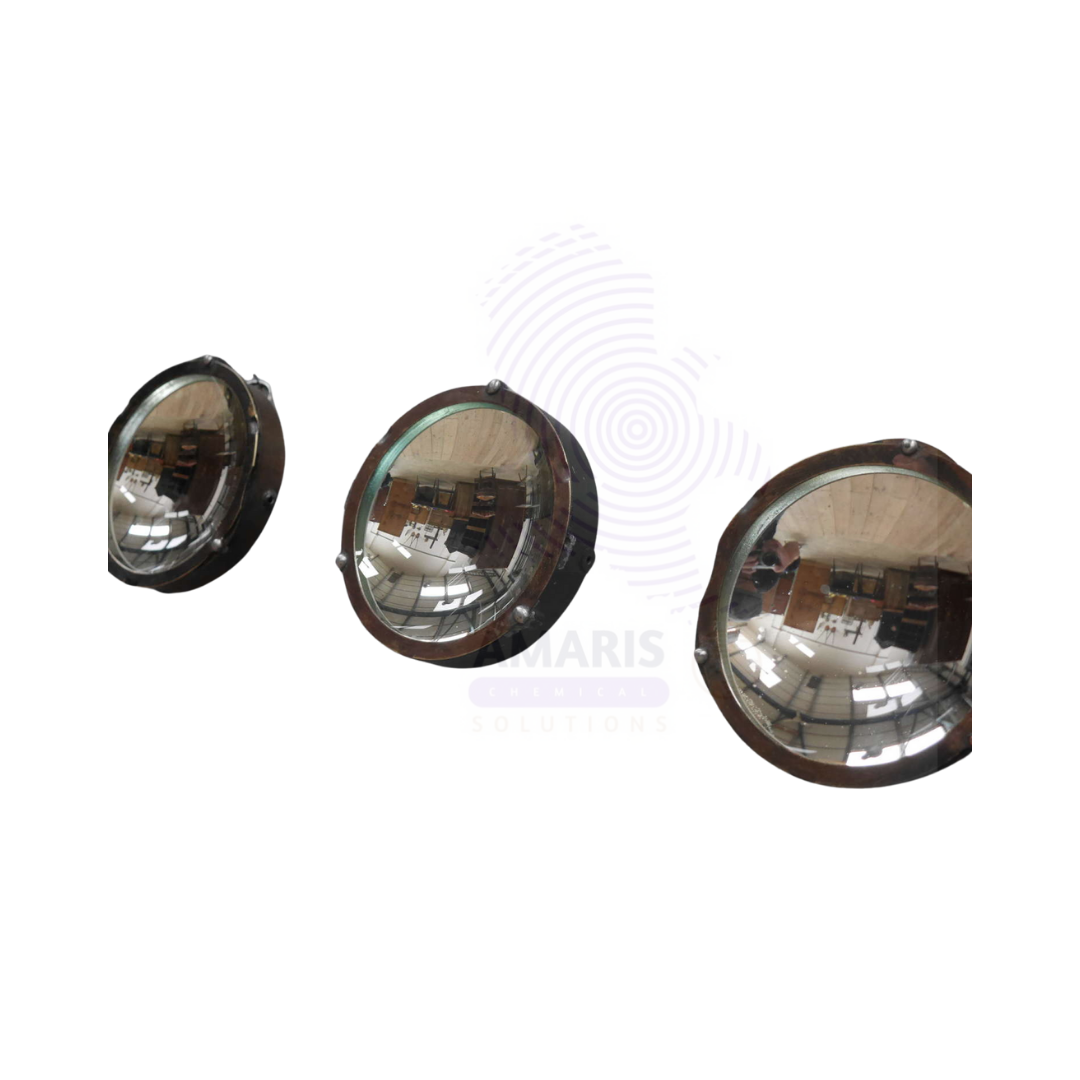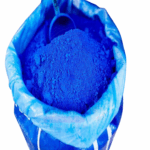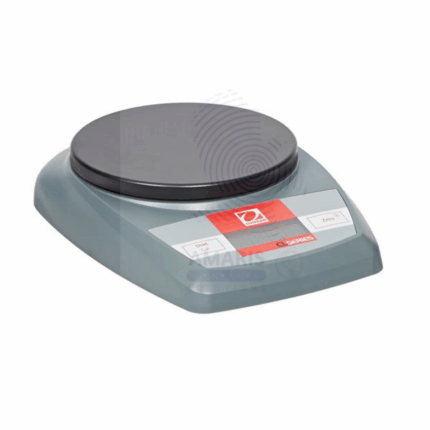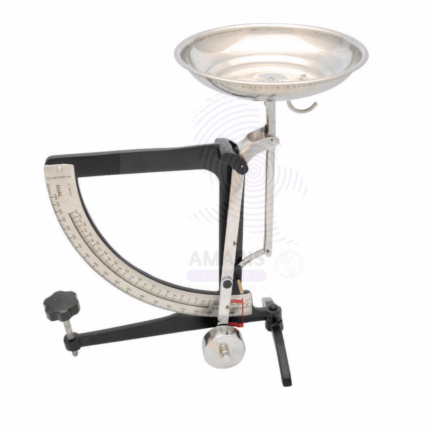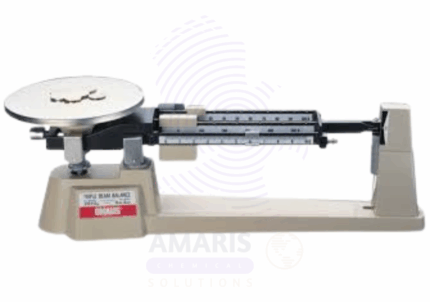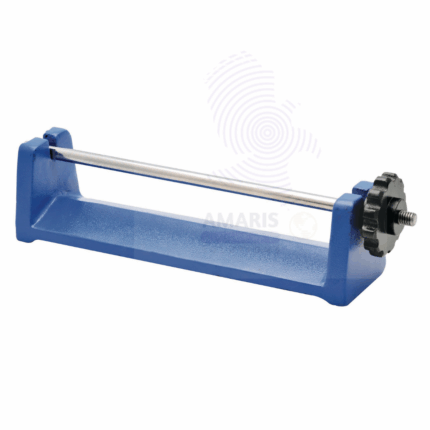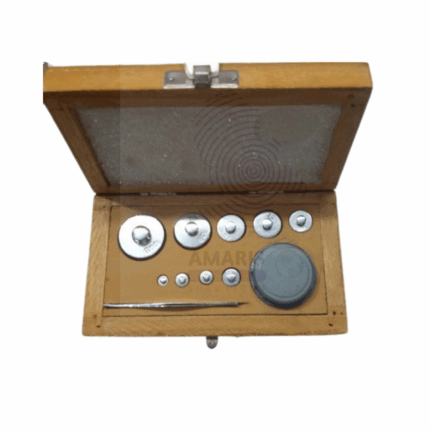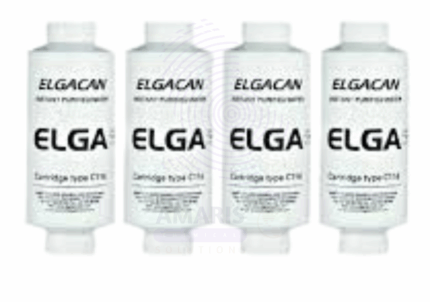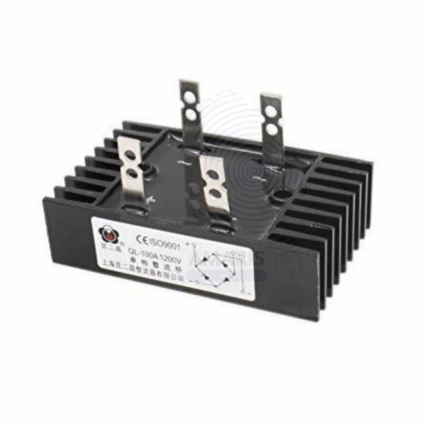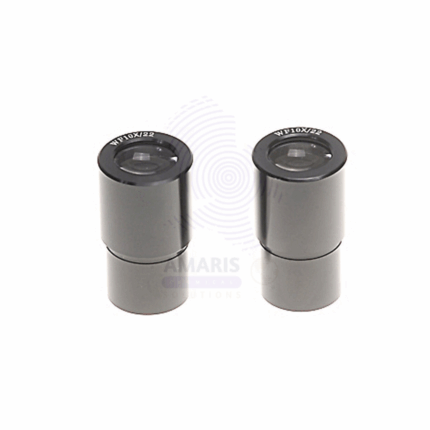Back to products


Malic Acid Extra Pure
$ 16.90 Original price was: $ 16.90.$ 16.78Current price is: $ 16.78.
Concave mirrors
$ 12.78 Original price was: $ 12.78.$ 12.56Current price is: $ 12.56.
Whatsapp Order
Product Description
Concave Mirrors are curved reflective surfaces that converge light rays to a focal point. They are widely used in scientific experiments and optical devices to focus light and form real or virtual images depending on the object’s position relative to the focal length. Made from high-quality polished glass or metal with a reflective coating, these mirrors provide precise image formation essential for laboratory and industrial applications in optics and physics.
Description
Table of Contents
Toggle
Concave mirrors
Primary Uses
- Laboratory Applications
- Demonstrating principles of reflection, focal length, and image formation in physics experiments.
- Used in optical experiments involving light concentration and magnification.
- Essential in experiments studying focal points and mirror equation verification.
- Utilized for aligning and calibrating optical systems.
Secondary Uses
- Industrial Applications
- Components in optical instruments such as telescopes, headlights, and solar concentrators.
- Applied in quality control for reflecting surfaces manufacturing.
- Used in lighting systems to focus and direct beams efficiently.
KEY PRODUCT FEATURES
1.Basic Identification Attributes
- Product Type: Concave Mirror
- Material: Polished glass or metal substrate with reflective coating
- Shape: Spherical concave surface
2.Physical & Chemical Properties
- Reflectivity: High reflectance surface for visible light
- Radius of Curvature: Varies depending on application
- Diameter: Available in multiple sizes
- Surface Finish: Smooth, polished for clear reflection
3.Safety & Hazard Attributes
- Optical Risks: Focused light can cause burns or eye injury; avoid direct eye exposure
- Handling Risks: Fragile; risk of breakage and sharp edges
4.Storage & Handling Attributes
- Storage Conditions: Store in cushioned, dust-free environment to prevent scratches and damage
- Handling Precautions: Handle with gloves and avoid touching reflective surfaces
5.Regulatory & Compliance Attributes
- Manufactured to optical and safety standards
- Quality checked for laboratory and industrial applications
6.Environmental & Health Impact
- Made from recyclable materials
- Minimal environmental impact if disposed properly
SAFETY HANDLING PRECAUTIONS
Safety Handling Precautions
- Avoid direct eye exposure to focused light beams
- Handle carefully to prevent cuts from broken glass
First Aid Measures
- For eye exposure to intense reflected light, rest eyes in dim environment
- In case of cuts, clean and seek medical attention if needed
Firefighting Measures
- Fire Hazard: Non-flammable
- Extinguishing Media: Not applicable
Related products
Balance Electronic Ohaus cl 200
The Balance Electronic Ohaus CL 200 is a high-precision electronic laboratory balance engineered for accuracy, reliability, and ease of use in diverse laboratory settings. It features a robust design with a clear backlit LCD display, allowing easy reading of measurements under various lighting conditions. The draft shield enhances weighing stability by minimizing the effect of air currents, ensuring precise results. With multiple weighing units, tare functionality, and user-friendly controls, this balance supports a wide range of applications in scientific research, quality control, education, and industrial processes. Its compact footprint and energy-efficient design make it ideal for routine weighing tasks, formulation, and analysis requiring high repeatability and fast stabilization. The balance is powered by an AC adapter or rechargeable battery, supporting both stationary and portable usage.
Balance lever
The Balance Lever is a mechanical device used to measure weight or force through a system of levers and fulcrums. Designed for precision and durability, it provides accurate weighing without the need for electrical power, making it ideal for basic laboratory use, educational demonstrations, and situations where electronic balances are impractical. The lever balance operates on the principle of equilibrium and mechanical advantage, offering reliable performance in a variety of settings. Constructed from sturdy materials, it ensures long-lasting service and consistent accuracy.
Balance Mechanical Ohaus Triple Beam
The Balance Mechanical Ohaus Triple Beam is a precision manual weighing instrument designed for laboratory and industrial environments requiring accurate measurement of various sample masses. Featuring three adjustable beams for incremental weight measurement, it offers ease of calibration and durability with a robust metal construction. This mechanical balance operates without electricity, making it ideal for environments where power supply may be limited. Its reliable and repeatable measurements support diverse applications from research to quality control.
Bar Breaking Apparatus
The Bar Breaking Apparatus is a mechanical testing device used to determine the breaking strength and mechanical properties of materials, particularly bars and rods, in laboratory and industrial settings. It applies controlled force to a specimen until it fractures, providing critical data for quality control, material research, and compliance with industry standards. Constructed from robust metals with precise force application mechanisms, this apparatus ensures reliable, repeatable results essential for material characterization and safety assessments.
Chemical balance weight box
The Chemical Balance Weight Box is a sturdy, protective container designed to store and organize standard balance weights used for chemical and laboratory measurements. Made from durable materials like wood, metal, or plastic, it ensures the secure keeping of precision weights, protecting them from dust, moisture, and damage. It is essential for maintaining the accuracy and longevity of laboratory weights.
Deionizer With 4 Elga Cans
Deionizer with 4 Elga Cans is a high-capacity water purification system engineered for continuous production of deionized water in laboratory and industrial environments. The system uses four Elga mixed-bed ion exchange cartridges working in parallel or series to ensure extended operation, high throughput, and superior water quality. It removes dissolved ions and minerals effectively, producing ultra-low conductivity water ideal for sensitive analytical, biochemical, and production processes. The modular setup allows for easy replacement and maintenance, making it a reliable solution for facilities with high-purity water demands.
Diode Mounted
Diode Mounted is a semiconductor component securely fixed onto a base or housing for stable operation in electronic and laboratory applications. These diodes are typically affixed to a heat sink, PCB, or specialized mount to facilitate thermal management, structural stability, and electrical connectivity. Mounted diodes are designed to ensure consistent current regulation, signal rectification, or light emission (in the case of LEDs) with enhanced performance and safety. These components are essential in laboratory test circuits, power supply systems, rectifier assemblies, and various instrumentation applications. Their mounted format makes them suitable for repeated testing, integration into complex systems, and controlled experimentation where component placement consistency is critical.
Microscope eye piece
A Microscope Eye Piece, also known as the ocular lens, is the lens or group of lenses located at the top of a microscope through which the user views the magnified specimen. It typically provides an additional magnification—commonly 5x, 10x, or 15x—working in conjunction with the objective lenses to achieve total magnification. The eyepiece contains optical components designed to enhance image clarity, brightness, and field of view. Modern eyepieces may include features such as reticles for measurement, adjustable diopters for individual eye correction, and wide-field optics for increased viewing comfort. Made from precision optical glass and durable housing, microscope eyepieces are essential for delivering a clear, sharp, and comfortable viewing experience in scientific, medical, educational, and industrial laboratories.


 Preservatives(food)
Preservatives(food) Flavor Enhancers
Flavor Enhancers Acidulants
Acidulants Sweeteners
Sweeteners Antioxidants
Antioxidants Colorants(food)
Colorants(food) Nutraceutical Ingredients (food)
Nutraceutical Ingredients (food) Nutrient Supplements
Nutrient Supplements Emulsifiers
Emulsifiers
 Collectors
Collectors Dust Suppressants
Dust Suppressants Explosives and Blasting Agents
Explosives and Blasting Agents Flocculants and Coagulants
Flocculants and Coagulants Frothers
Frothers Leaching Agents
Leaching Agents pH Modifiers
pH Modifiers Precious Metal Extraction Agents
Precious Metal Extraction Agents
 Antioxidants(plastic)
Antioxidants(plastic) Colorants (Pigments, Dyes)
Colorants (Pigments, Dyes) Fillers and Reinforcements
Fillers and Reinforcements Flame Retardants
Flame Retardants Monomers
Monomers Plasticizers
Plasticizers Polymerization Initiators
Polymerization Initiators Stabilizers (UV, Heat)
Stabilizers (UV, Heat)
 Antifoaming Agents
Antifoaming Agents Chelating Agents
Chelating Agents Coagulants and Flocculants
Coagulants and Flocculants Corrosion Inhibitors
Corrosion Inhibitors Disinfectants and Biocides
Disinfectants and Biocides Oxidizing Agents
Oxidizing Agents pH Adjusters
pH Adjusters Scale Inhibitors( water)
Scale Inhibitors( water)
 Antioxidants(cosmetic)
Antioxidants(cosmetic) Emollients
Emollients Fragrances and Essential Oils
Fragrances and Essential Oils Humectants
Humectants Preservatives
Preservatives Surfactants(cosmetic)
Surfactants(cosmetic) Thickeners
Thickeners UV Filters
UV Filters
 Fertilizers
Fertilizers Soil Conditioners
Soil Conditioners Plant Growth Regulators
Plant Growth Regulators Animal Feed Additives
Animal Feed Additives Biostimulants
Biostimulants Pesticides (Herbicides, Insecticides, Fungicides)
Pesticides (Herbicides, Insecticides, Fungicides)
 Active Pharmaceutical Ingredients (APIs)
Active Pharmaceutical Ingredients (APIs) Excipients
Excipients Solvents(pharmaceutical)
Solvents(pharmaceutical) Antibiotics
Antibiotics Antiseptics and Disinfectants
Antiseptics and Disinfectants Vaccine Adjuvants
Vaccine Adjuvants Nutraceutical Ingredients (pharmaceutical)
Nutraceutical Ingredients (pharmaceutical) Analgesics & Antipyretics
Analgesics & Antipyretics
 Analytical Reagents
Analytical Reagents Solvents(lab)
Solvents(lab) Chromatography Chemicals
Chromatography Chemicals Spectroscopy Reagents
Spectroscopy Reagents microbiology-and-cell-culture-reagents
microbiology-and-cell-culture-reagents Molecular Biology Reagents
Molecular Biology Reagents Biochemical Reagents
Biochemical Reagents Inorganic and Organic Standards
Inorganic and Organic Standards Laboratory Safety Chemicals
Laboratory Safety Chemicals Specialty Laboratory Chemicals(Special Laboratory Equipment)
Specialty Laboratory Chemicals(Special Laboratory Equipment)
 Demulsifiers
Demulsifiers Hydraulic Fracturing Fluids
Hydraulic Fracturing Fluids Scale Inhibitors(oil)
Scale Inhibitors(oil) Surfactants(oil)
Surfactants(oil) Drilling Fluids
Drilling Fluids
 Dyes and Pigments
Dyes and Pigments Bleaching Agents
Bleaching Agents Softening Agents
Softening Agents Finishing Agents
Finishing Agents Antistatic Agents
Antistatic Agents
 Admixtures
Admixtures Waterproofing Agents
Waterproofing Agents Sealants and Adhesives
Sealants and Adhesives Curing Compounds
Curing Compounds Concrete Repair Chemicals
Concrete Repair Chemicals Anti-Corrosion Coatings
Anti-Corrosion Coatings
 Surfactants(cleaning)
Surfactants(cleaning) Builders
Builders Enzymes
Enzymes Solvents (Cleaning)
Solvents (Cleaning) Fragrances
Fragrances
 Electronic Chemicals
Electronic Chemicals Catalysts
Catalysts Lubricants
Lubricants Photographic Chemicals
Photographic Chemicals Refrigerants
Refrigerants Automotive chemicals
Automotive chemicals Pyrotechnic Chemicals
Pyrotechnic Chemicals
 Biodegradable Surfactants
Biodegradable Surfactants Bio-based Solvents
Bio-based Solvents Renewable Polymers
Renewable Polymers Carbon Capture Chemicals
Carbon Capture Chemicals Wastewater Treatment Chemicals
Wastewater Treatment Chemicals
 Pigments
Pigments Solvents(paint)
Solvents(paint) Specialty Coatings
Specialty Coatings Binders/Resins
Binders/Resins Additives
Additives Driers
Driers Anti-Corrosion Agents
Anti-Corrosion Agents Functional Coatings
Functional Coatings Application-Specific Coatings
Application-Specific Coatings
 Fresh Herbs
Fresh Herbs Ground Spices
Ground Spices Whole Spices
Whole Spices Spice Blends
Spice Blends Dried Herbs
Dried Herbs
 Leavening Agents
Leavening Agents Dough Conditioners
Dough Conditioners Flour Treatments
Flour Treatments Fat Replacers
Fat Replacers Decoratives
Decoratives Preservatives(baking)
Preservatives(baking)
 Plasticizers & Softeners
Plasticizers & Softeners Reinforcing Agents
Reinforcing Agents Adhesion Promoters
Adhesion Promoters Vulcanizing Agents
Vulcanizing Agents Antidegradants
Antidegradants Blowing Agents
Blowing Agents Fillers & Extenders
Fillers & Extenders Accelerators & Retarders
Accelerators & Retarders